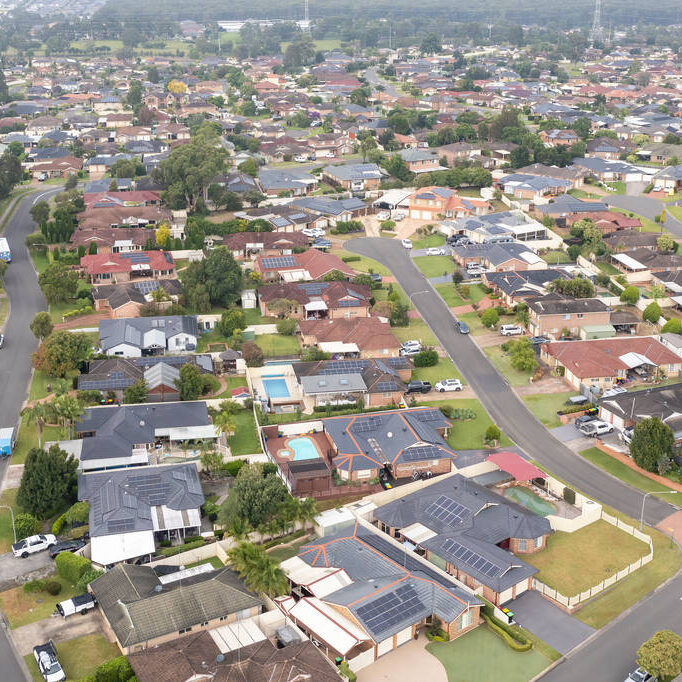You may be chasing more affordable prices, dreaming of a lifestyle change, or spotting investment potential in a different market altogether. No matter the reason, buying property in another state can be pretty tempting. But let’s be clear: buying interstate isn’t quite the same as finding a place down the road. You may have to […]
What Are the Upfront Costs of Buying a Home?
Are you searching for a one-bedroom apartment close to the city or planning to a big house with a garden in one of the best Tasmanian suburbs? Either way, it pays to know the upfront costs of buying a house apart from the home loan deposit. These costs may include government taxes and other associated expenses you need to consider to avoid unpleasant surprises. To help you understand the fees better, we have prepared a quick guide to upfront home-buying costs in Australia.
Stamp Duty
A state or territory government tax imposed on the property transfer, stamp duty is inarguably one of the largest upfront costs of buying a house in Australia. The amount you’ll need to pay depends on the purchase price of the property and the state in which it’s located. Some states, including Tasmania, offer stamp duty concessions for first-time home buyers. Check if you’re eligible to lower the amount of stamp duty you have to pay for your first house.
Lenders’ Mortgage Insurance (LMI)
If your deposit is less than 20% of the property’s purchase price, you may be required to pay Lenders’ Mortgage Insurance, which protects the lender in case of loan default. Its cost varies depending on your mortgage amount and deposit size. It can be a substantial expense, but it allows you to buy a home with a smaller deposit.
Loan Application Fees
Some lenders charge a loan application fee to cover the costs of processing your mortgage application. This fee can vary between lenders, and some may waive it entirely as part of a promotion or for competitive reasons.
Legal and Conveyancing Fees
These fees cover the cost of the legal work involved in purchasing a property. This includes preparing and reviewing the contract of sale, conducting property searches, and handling the settlement process. The fees can vary widely depending on the complexity of the transaction and the conveyancer or solicitor you choose.
Building and Pest Inspections
You must conduct a building and pest inspection before finalising the purchase. These inspections help identify structural problems or pest infestations that could cost you a lot in repairs down the road. So, prepare for this upfront home-buying cost, which will depend on the property size and the level of inspection required.
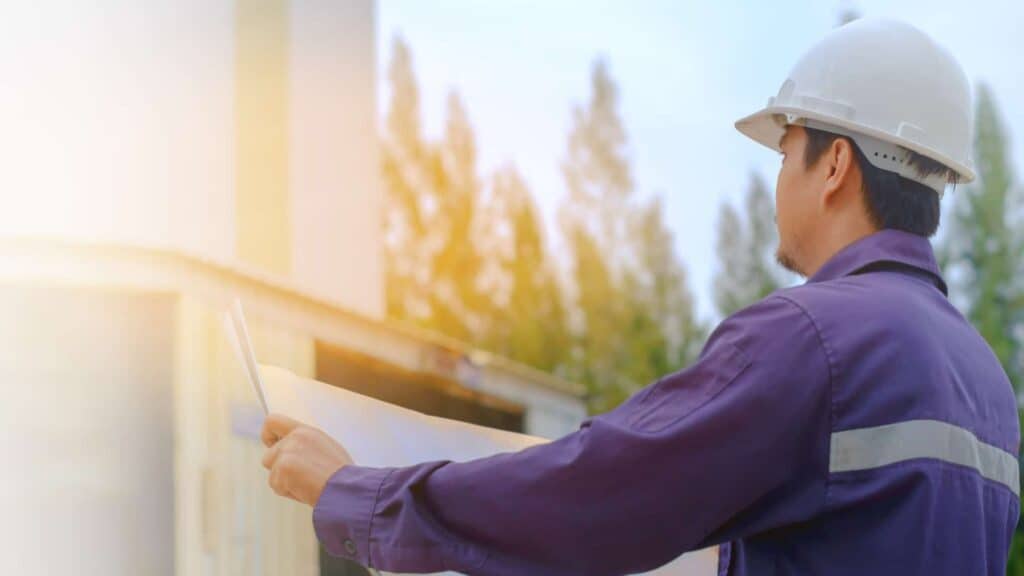
Home and Contents Insurance
While not always mandatory, taking out home and contents insurance before settlement is highly recommended. This insurance protects your new home and belongings from damage or loss caused by insured events such as fire, theft, or natural disasters. So, be prepared for home insurance costs as early as possible.
Government Fees
Apart from stamp duty, you must be aware of the other government fees associated with buying a house in Australia. These include the cost of transferring the property title into your name (transfer fee) and registering your mortgage on the property title (registration fee). These government fees vary by state and territory.
Tips for Budgeting for Upfront Home-Buying Costs in Australia
Understanding these costs is the first step to creating a more accurate budget. Here are more tips for budgeting for the upfront costs of buying a house in Australia:
- Use Savings Calculators
Leverage online savings calculators to estimate how long it will take you to save for a deposit based on your current income and expenses. These tools can provide a realistic timeline for your savings goal and help you adjust your budget accordingly.
- Create a Realistic Savings Plan
Based on your research and calculators, create a savings plan that outlines how much you need to save each month to reach your goal. Be realistic about your expenses and look for areas where you can cut back to increase your savings rate.
- Save for a Larger Deposit
Doing so helps you reduce LMI costs, secure better mortgage rates, and potentially lower the upfront costs of buying a house. It may take longer to save for a larger home loan deposit, but it also pays to consider its long-term financial benefits.
- Research and Compare Mortgage Deals
Spend ample time comparing different mortgage deals. Look for options with lower fees and interest rates, as these can affect both the initial & overall cost of your loan.
- Explore Government Assistance
Look into government schemes and grants available for first-time home buyers, such as the First Home Owner Grant or the First Home Guarantee. Being eligible for such grants can help reduce the burden of upfront costs of buying a house in Australia
- Stay Informed and Flexible
Stay informed about changes in the property market, interest rates, and government policies that could affect your home-buying journey. Be prepared to adjust your budget for upfront costs and savings plans as needed.
Summing It Up
Purchasing your first home in Australia involves various upfront costs that can add up quickly. But when you understand and budget for these expenses early in the home-buying process, you can achieve a smoother transition to homeownership.
Want to learn more about the upfront costs of buying a house and other related details? Talk to one of our seasoned mortgage brokers in Hobart. They will answer all your questions about home-buying and help you prepare well for your purchase.
Enquire Now
Find Your Perfect Finance Solution
Let's discuss your finance needs. We’re here to help.
More posts from Deltos Finance
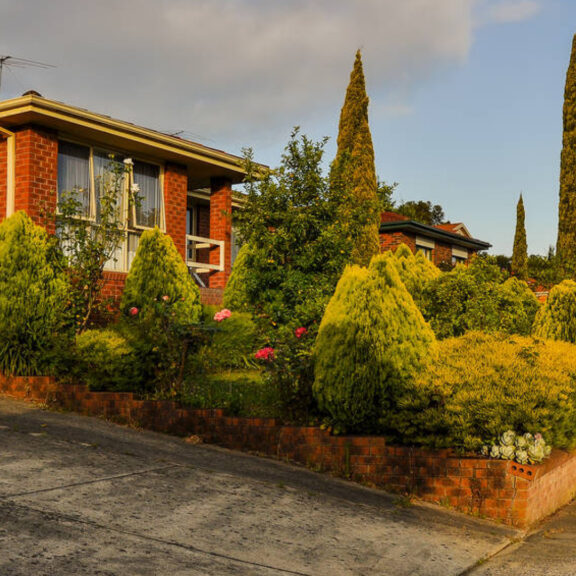
Suburbs with the Highest Rental Yield in Tasmania
The term “rental yield” is music to any property investor’s ears. It’s the key metric that indicates the annual return on your investment, essentially the percentage of the property’s value that comes back to you in rental income. In a market like Tasmania, which has been gaining traction for its overall investment appeal, pinpointing the […]
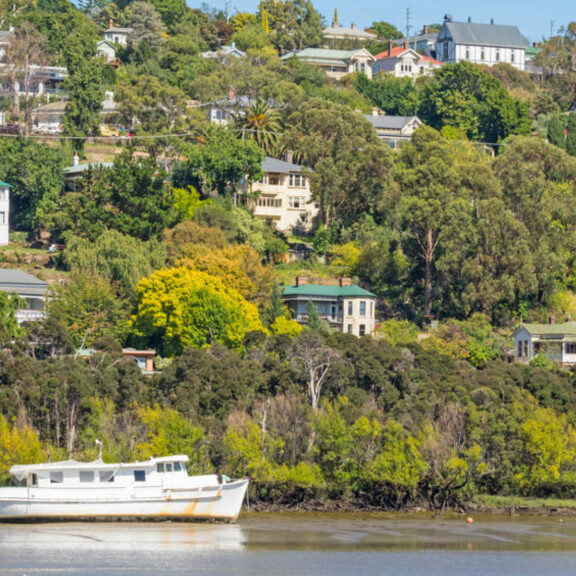
Launceston: A ‘Second Wind’ Property Market You Should Invest in Now
When talk turns to Tasmania’s property scene, it’s easy for the spotlight to shine brightly on Hobart, with its bustling waterfront and historic charm. But just a little further north, nestled at the head of the picturesque Tamar Valley, lies Launceston—a city that quietly hits its stride and presents a compelling proposition for savvy property […]
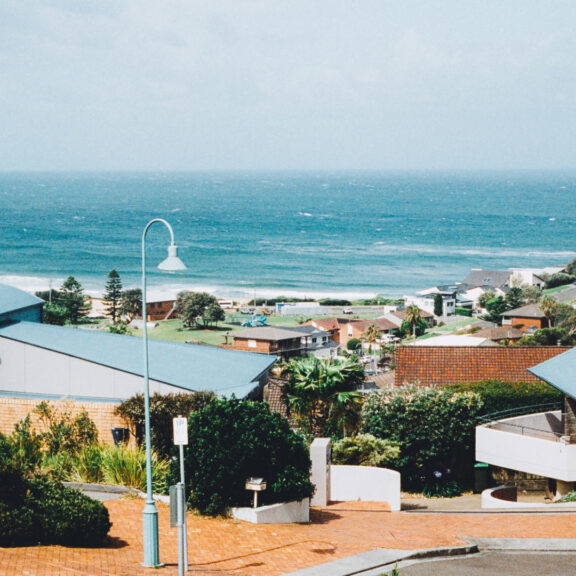
How Often Does Property Double in Value?
Every homeowner has likely dreamed of their property doubling in value in the future, turning into a valuable nest egg or funding their next big adventure. But how long does it actually take for a property to double in value? And how often does it happen? While there’s no magic eight-ball to predict the property […]

Stamp Duty Exemption for First-Home Buyers in Tasmania: Has It Paid Off?
Purchasing a property has historically come with major financial difficulties, especially for first-home buyers in Tasmania or any other state for that matter. The stamp duty is one of those most notable monetary challenges for homebuyers. Essentially, it’s a tax levied on property purchases that often adds tens of thousands of dollars to upfront costs. […]
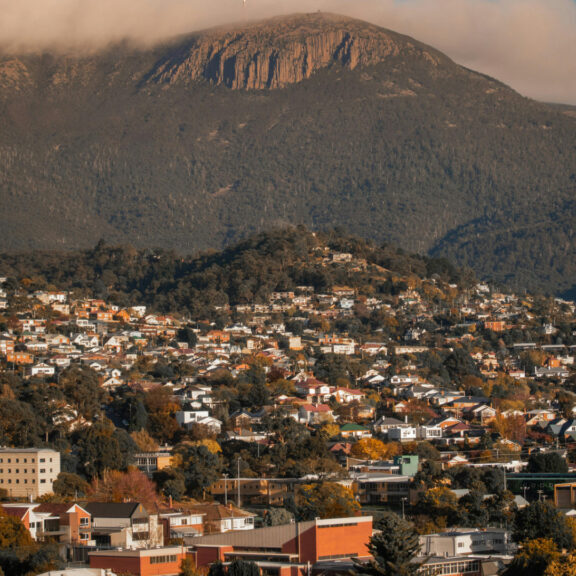
Difference Between Airbnb and Traditional Renting in Hobart
Hobart’s property market has become a hotspot for investors largely because of its strong tourism demand and stable rental market. But that doesn’t mean all property investments in this Tasmania capital are a sure win. One factor to consider is deciding between short-term rentals like Airbnb and traditional long-term renting. Each option has distinct advantages […]
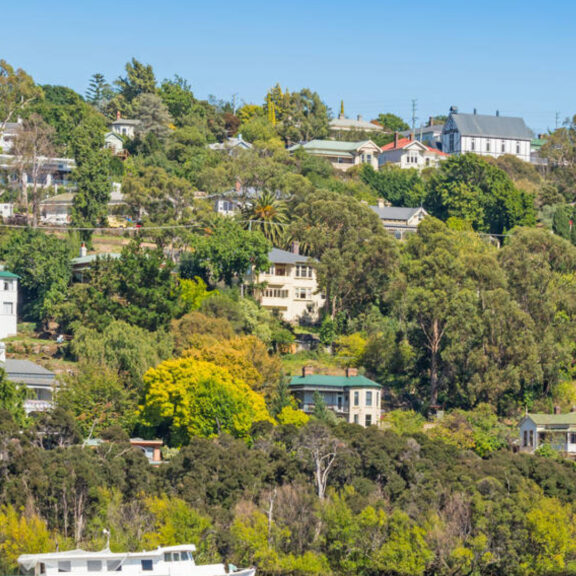
Is Launceston a Good Place to Live?
The short answer is yes, especially if you want a more affordable lifestyle without giving up access to key services, natural beauty, and long-term opportunities. Also, with its blend of heritage charm, steady economic growth, and a property market still within reach for many Australians, Launceston, Tasmania, is gaining momentum as a popular area for […]

Hobart Property Management Fees: A Complete Guide
You’ve already secured an investment loan and finalised your rental property purchase in Hobart. Now, it’s time to take action by listing the property for rent and managing it effectively to start generating rental income. But how much should you expect to spend on property management in Hobart, Tasmania? As Tasmania’s capital continues to attract […]
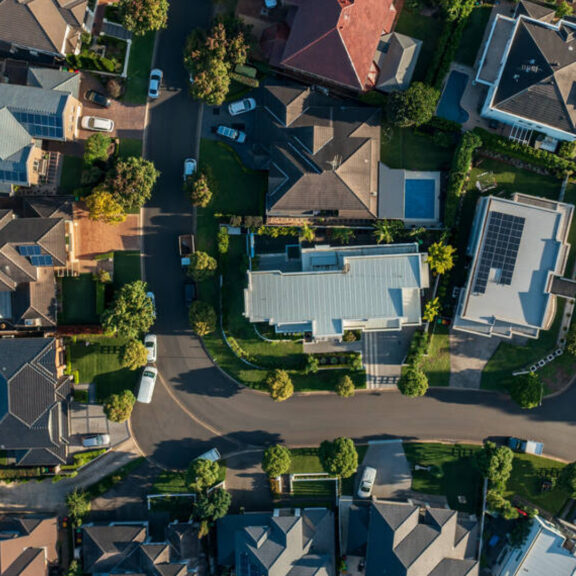
How Rising Property Prices Affect Your Home Loan and Buying Potential
Here’s the good news: the Australian real estate market has been experiencing significant growth in recent years, with house prices in major cities reaching record highs. It can be a huge win for homeowners and investors, especially those planning to sell their properties soon. However, this can be an issue for potential property buyers, including […]

Build Your Wealth with a Simple Guide to Using Your Home Equity
Building wealth requires adopting the right mindset and being strategic when using available financial instruments. Essentially, it’s about making your money work in your favour. But what if you don’t have enough cash to start creating wealth? There’s an underutilised strategy that we want to share with you, and that is leveraging your home’s equity—the […]


